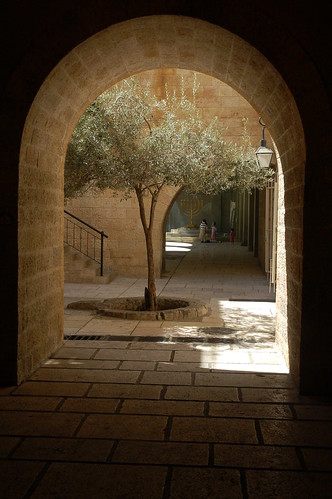
If there be any deed of kindness or love that we can do for the very meanest and most obscure of God’s people, we ought to be willing to do it - to be servants to God’s servants — to feel like Abigail did, when she said to David, “Let thine handmaid be a servant to wash the feet of the servants of my Lord.” Abigail became David’s wife, that is the true position of every Christian; but yet she felt she was not worthy even to wash his servants’ feet. That must be our spirit.
Do you know any poor bedridden soul? Go and talk with that poor woman, or that poor man. Seek to take comfort to that poor man’s miserable lodgings. Do you know a brother who is rather angry in temper, and he wants a kind word said to him, and some one says, “I will not speak to any such person as he is?” Do it — do it, my dear brother; go and wash his feet! Do you know one who has gone astray? Some one says, “I would not like to be seen in association with him.” My dear friend, you are spiritual; go and restore such an one in the spirit of meekness. Wash his feet! There is another riding the high horse; he is very, very proud. One says, “I am not going to humble myself to him.” My dear brother, go to him, and wash his feet! Whenever there is a child of God who has any defilement upon him, and you are able to point it out and rid him of it, submit to any degradation, put yourself in any position, sooner than that child of God should be the subject of sin.
Especially let those who are highest among us seek to do the lowest offices. “Whosoever will be chief among you, let him be your servant.” Recollect that Christ’s way of rising is to go down. He descended, that he might ascend; and so must we. Let us count that evermore it is our highest honor and our greatest glory, to lay aside all honor and all glory, and to win honor and glory out of shame and humiliation for Christ Jesus’ sake. I believe this is done in this Church. I hope we are as free as possible from the feeling of caste: God deliver us from the last relic and remnant of it! Ye are brethren; love one another. “Let the brother of low degree rejoice in that he is exalted: but the rich in that he is made low.” Ye are brethren, and one is your Master, even Christ. Try to carry out every one of you to your utmost the teaching of your Lord, that ye should wash one another’s feet. You have an opportunity of doing it in the collection; for I believe that these servants of God, these aged ministers, these ministers who are in great poverty, need to-day that you should by your contributions wash their feet.
From a sermon entitled "Jesus Washing His Disciples' Feet," delivered January 29, 1865. Image by James Jordan under Creative Commons License.


















